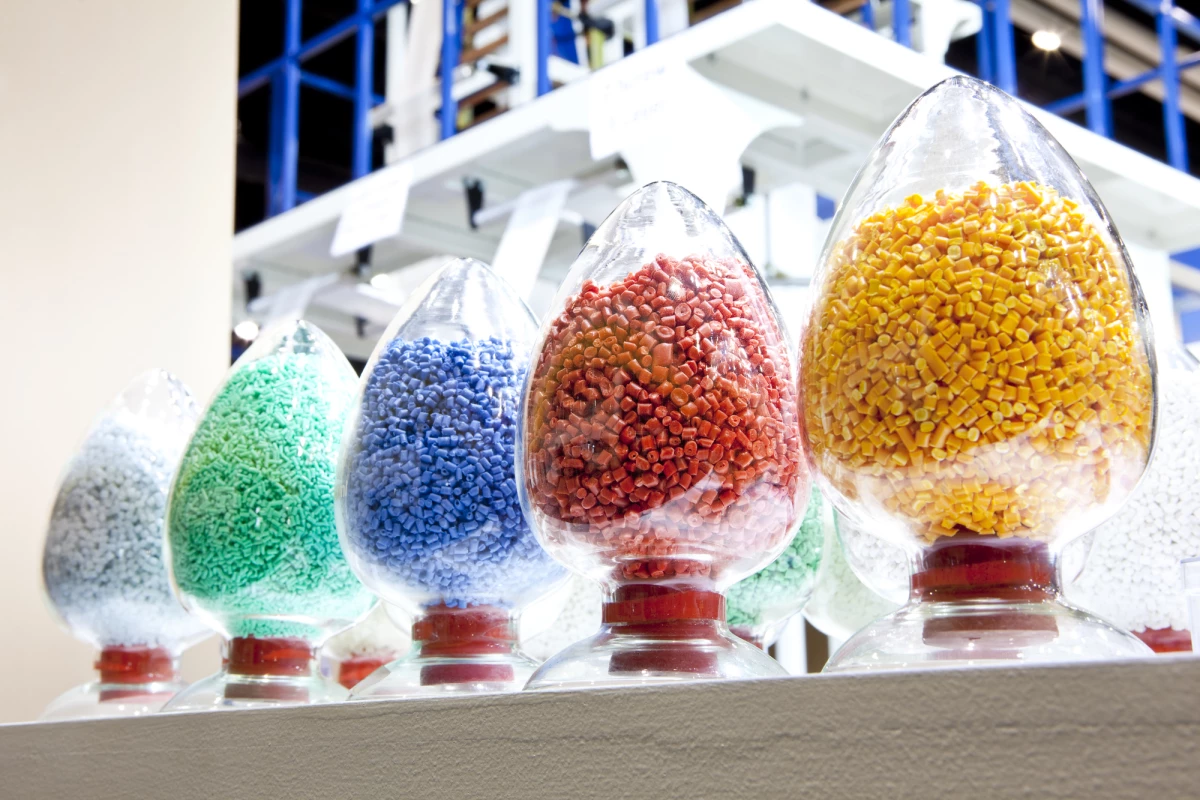Plastic is a material with a severe environmental footprint, from the tiny, busted up particles that pollute the ocean to the initial production that pieces it all together. Scientists taking aim at the formative stages of this process have made a breakthrough that could open up more eco-friendly forms of plastics production, with the discovery of a bacterial system that generates one of the material's key building blocks through its natural metabolic process.
The research was led by scientists at Ohio State University and focuses on the chemical ethylene, which is used as the starting point in the production of almost all plastics.
To source it, manufacturers currently use components of crude oil or natural gas that are extracted through an energy-intensive processes, but recent research has started to direct scientists toward more sustainable options. Some bacteria have been found to produce ethylene, but the process they use has required oxygen to work which is a problem, as Ohio State’s Robert Tabita, senior author of the new study, explains.
“Oxygen plus ethylene is explosive, and that is a major hurdle for using it in manufacturing,” says Tabita. “But the bacterial system we discovered to produce ethylene works without oxygen and that gives us a significant technological advantage.”
Tabit and his team were studying the bacterial species Rhodospirillum rubrum, and found that as it metabolized sulfur, it naturally produced ethylene as a result. Digging into the mechanisms behind this, the team identified a group of proteins and novel metabolic reactions that led to the production of an unexpectedly large amount of ethylene.
“It was a result we could not predict in a million years,” Tabita says. “Recognizing the industrial and environmental significance of ethylene, we embarked on these cooperative studies, and subsequently discovered a completely novel complex enzyme system. Who would have believed it?”
It is still very much early days for the research, with the team only studying the process in the lab so far. But with the discovery of this new natural source of an important building block for plastics, the researchers hold hopes that it could lead to more environmentally friendly forms of plastics production that do away with fossil fuels entirely.
“We may have cracked a major technological barrier to producing a large amount of ethylene gas that could replace fossil fuel sources in making plastics,” says lead author of the study, Justin North. “There’s still a lot of work to do to develop these strains of bacteria to produce industrially significant quantities of ethylene gas. But this opens the door.”
The research was published in the journal Science.
Source: Ohio State University





